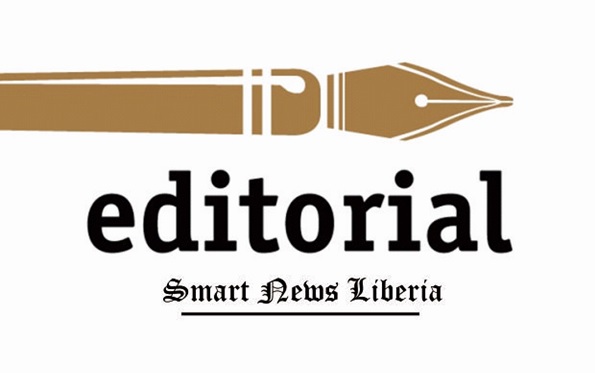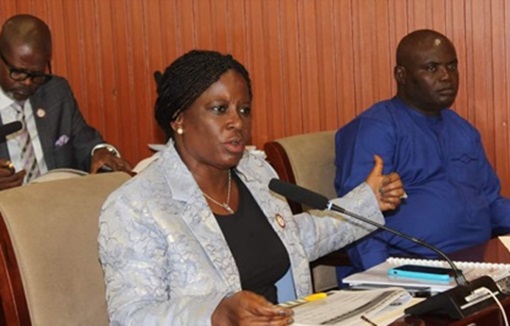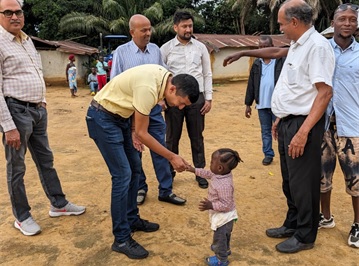The recent Senate retreat in Buchanan, Grand Bassa County, has ignited a firestorm of controversy and indignation across Liberia. The staggering expenditure of $700,000 on this retreat comes at a time when the country is grappling with severe economic hardships. This lavish spending not only underscores a troubling disconnect between the Senate and the populace but also raises urgent questions about the ethical standards and priorities of our elected officials.
For many Liberians, the news that each senator reportedly received $15,000 in three separate checks before the retreat is nothing short of scandalous. This revelation suggests a blatant misuse of public funds, allocated not for the betterment of our nation, but for the comfort and convenience of a select few. The detailed account of the checks—$10,000, $3,000, and $2,000 each—paints a damning picture of financial irresponsibility and greed.
The involvement of prominent senators who have built their reputations on transparency and accountability, such as Abraham Darius Dillon and Amara Konneh, only deepens the public’s sense of betrayal. Their participation in this extravagance, despite their professed commitment to ethical governance, suggests a worrying double standard that undermines public trust.
Senator Nyonblee Karnga-Lawrence, the Pro Tempore, defended the retreat by issuing a press statement that claimed only $50,000 was spent, providing a breakdown of the expenses. However, this figure has been met with widespread skepticism. The discrepancy between the reported $50,000 and the alleged $700,000 casts doubt on the accuracy and honesty of the Senate’s account. The public’s skepticism is not unfounded; it stems from a long history of opaque financial dealings and unfulfilled promises.
The retreat’s budget, which could have been used to address urgent needs such as education, healthcare, and infrastructure, reflects a profound misalignment of priorities. At a time when University of Liberia students are out of school due to financial constraints, the decision to spend such a vast sum on a retreat is not only irresponsible but deeply insensitive. It highlights the Senate’s disregard for the real and pressing needs of the citizens they are meant to serve.
This incident has sparked a much-needed debate about the effectiveness of anti-corruption measures in Liberia. It is evident that current systems are insufficient to prevent the misuse of public funds. The calls for a thorough and independent investigation into the Senate’s expenditures are growing louder. Civil society organizations, including Transparency International Liberia, have demanded immediate government action to investigate these allegations and hold those responsible accountable.
The fallout from this scandal could have significant implications for Liberia’s political landscape. The Senate’s handling of this situation will be a litmus test for its commitment to transparency and accountability. If the Senate fails to address these allegations satisfactorily, it risks further eroding public trust and confidence in our governing institutions.
In light of these revelations, it is imperative that the Senate takes concrete steps to restore public trust. This includes cooperating fully with any investigations, ensuring complete transparency in their financial dealings, and taking immediate action to rectify any wrongdoing. The Senate must also reevaluate its priorities and focus on addressing the urgent needs of the Liberian people.
The controversy surrounding the Buchanan retreat is a stark reminder of the need for greater oversight and accountability in our government. It is a call to action for all Liberians to demand better from their leaders. The Senate must understand that it is accountable to the people and that its actions must reflect the values of integrity, transparency, and service to the public.
As we move forward, let this incident serve as a catalyst for meaningful change. The Senate must not only answer for its actions but also work to rebuild the trust it has squandered. Only then can we hope to achieve the transparent and accountable governance that Liberia so desperately needs.







